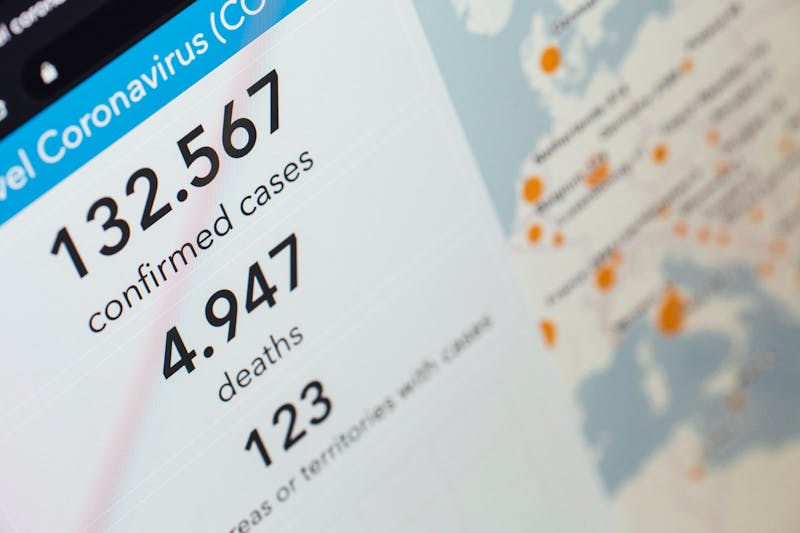
Strive Health just raised $550 million in what's probably the biggest healthcare tech funding round this year. Investors are betting that AI can fix kidney care, which is both expensive as hell and deadly when fucked up. Given healthcare AI's track record, this is either revolutionary or another expensive lesson in why healthcare is hard.
Why Kidney Care is Fucked
Kidney disease affects around 37 million Americans and costs Medicare north of $130 billion annually - that's more than the entire NASA budget. Most patients don't realize their kidneys are failing until they're at like 15% function, at which point you're looking at dialysis or transplant.
Here's why the system is completely fucked:
- Zero coordination - your primary care doctor doesn't talk to the nephrologist, who doesn't talk to the dietitian, who doesn't know what the cardiologist prescribed
- Diagnosis happens too late - kidney damage is mostly asymptomatic until you're already screwed
- Fee-for-service incentives - doctors get paid more for procedures than preventing disease, so guess what they focus on
- Dialysis industrial complex - once you're on dialysis, you're a $90K/year patient for life
Strive's AI-Powered Approach
Strive claims their technology can fix this clusterfuck:
AI Risk Assessment: Their ML models supposedly catch kidney disease early by analyzing lab trends and medical histories. Sounds promising, but I've seen too many healthcare AI systems that just flag everyone over 65 as "high risk" and call it machine learning.
Care Coordination: The platform is supposed to connect primary care docs, nephrologists, and support teams who've historically operated in complete isolation. Whether busy doctors will actually use another software platform remains to be seen - most healthcare IT implementations are disasters.
Remote Patient Monitoring: Patients get devices to track vitals and symptoms at home. Great in theory, assuming patients remember to charge them, use them correctly, and don't just stick them in a drawer after the first week.
Predictive Analytics: AI supposedly predicts who's headed for dialysis months in advance. The real test is whether doctors trust and act on these predictions, or if they just generate more alert fatigue in already overwhelmed practices.
The Business Model Reality
Strive makes money by betting they can keep kidney patients healthier for less cost than traditional care:
Value-Based Care: They take financial risk - if patients get sicker, Strive loses money. If patients stay healthy, they profit. Simple concept that's incredibly hard to execute.
Technology Scale: Once the platform works, they can theoretically handle massive patient populations. "Once it works" being the key phrase.
Clinical Integration: Their tech is supposed to help doctors, not replace them. Whether busy doctors will actually use another software platform is questionable.
Why Investors Are Gambling
Healthcare startups have an 80%+ failure rate, but investors threw $550 million at Strive anyway:
Massive Market: Kidney care burns through $130+ billion annually in Medicare spending alone. Even a 5% efficiency improvement would save billions and make investors rich. The math is compelling if the execution works.
Proven Models Exist: Livongo made diabetes management profitable before Teladoc bought them for $18.5 billion. Oak Street Health showed you can make money managing complex senior populations. Kidney care should be similar, assuming the clinical complexity doesn't break the model.
Policy Tailwinds: Medicare and insurers are pushing value-based contracts where providers get paid for health outcomes, not procedures. Strive's risk-based model fits this trend perfectly, assuming they can actually deliver better outcomes.
The $550 Million Question
A funding round this big means either: Strive has clinical results that actually prove their AI works (rare), investors are desperate to find the next Theranos without the fraud, or the kidney care market is so fucked that any improvement seems worth billions. Given that most healthcare AI promises about as much as a chocolate teapot, smart money says it's mostly the latter.
Healthcare AI has a brutal track record. Theranos was obvious fraud, but legitimate companies failed too. IBM Watson Health was supposed to revolutionize oncology but mostly generated expensive reports that oncologists ignored. Google's DeepMind Health spent years trying to predict acute kidney injury and got shut down after burning through hundreds of millions.
The problem with healthcare AI isn't the technology - it's that healthcare is messy, patients don't follow protocols, and doctors don't trust black-box algorithms when lives are at stake. I've seen AI models that work perfectly in clinical trials fall apart in real-world deployment because they can't handle missing data, non-compliant patients, or the chaos of actual medical practice.
What Happens Next
With $550 million in the bank, Strive can:
- Scale to more markets without worrying about runway for the next 3-4 years
- Hire the clinical teams and nephrologists needed to actually deliver care
- Generate the outcome data that proves their model works (or doesn't)
- Either go public once they hit $500M+ revenue or get acquired by UnitedHealthcare or Humana
The real test isn't whether their AI works in demos - it's whether they can actually improve kidney outcomes in the real world while staying profitable. Given healthcare AI's track record, I'm cautiously optimistic but definitely not betting my retirement on it.
